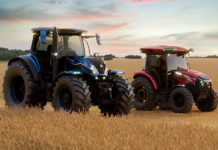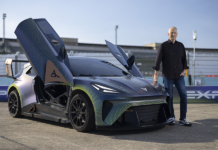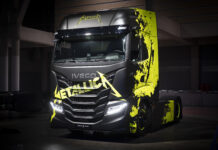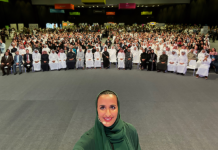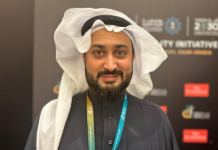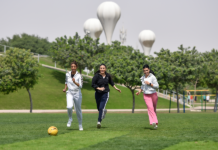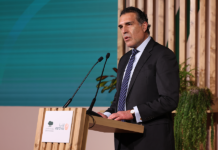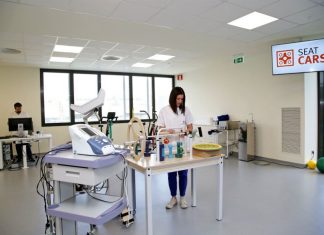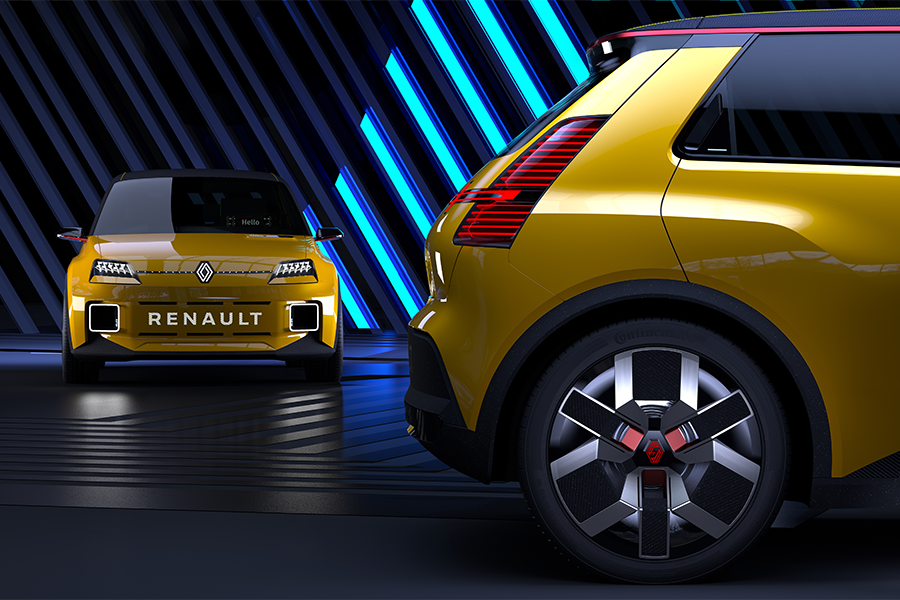
Just over a decade ago, artificial intelligence pioneer Luc Julia helped bring the world’s most popular voice assistant to life. Now he’s come home to France to change forever the way we drive.
At the Paris headquarters of French automotive company Renault Group, Julia is leading Artificial Intelligence (AI) initiatives that will make cars safer, smarter and more sustainable.
“One of the reasons I came to Renault Group is because our CEO Luca de Meo is committed to turning us into a tech company,” Julia says. “Software and AI are playing a major role in shaping the future of the car industry, and Renault recognizes that.”
Much of Julia’s work is focused on using AI to improve driving performance and increase passenger safety. Using data from cameras, sensors and radars, advanced driver-assistance systems (ADAS) enable cars to monitor their surroundings better, helping prevent accidents. Renault’s latest models, such as the Megane E-Tech electric, contain AI-powered innovations like driver attention alerts, blind spot warnings and 360° around view 3D cameras, taking ADAS to the next level.
“Thanks to this technology, we have the opportunity to design much safer cars,” Julia says. “I believe we can reduce the number of global road deaths per year by 90%.”
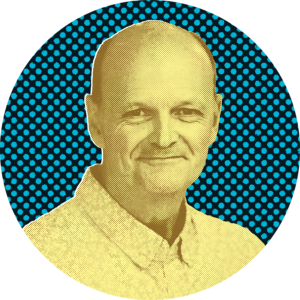
As cars become safer and as most of the tasks involved in driving are automated, it will be even more important to provide drivers and passengers with always-on entertainment and information services. “In a self-driving car, the desire to be entertained will be even greater,” Julia says. “Car companies need to keep their users connected and let them work, watch a movie or play a game, regardless of their location.”
Occupants of electric cars from Renault will soon be able to call on their own voice-activated virtual assistant to help them navigate this brave new world. Named Reno, this avatar is scheduled to be integrated in the company’s cars by the end of next year. Reno will help people get the most out of their electric vehicles, including providing drivers with information about the impact of climate conditions on a vehicle’s range, guiding them through new functions, or recommending the best routes based on real-time traffic information.
“AI will not completely replace human drivers, but it will make driving a more relaxed and stress-free experience.”
Luc Julia, Chief Scientific Officer, Renault Group
At the same time, Renault is working with some of the largest industrial and technology companies in France to incubate startups that are working on promising applications of AI. That collaborative effort has produced the Software République, an open innovation ecosystem supporting a range of efforts to transform all parts of the automotive industry. One startup is developing a bi-directional charger that will enable owners of electric vehicles to power their homes with energy from their car batteries when parked. Based on data about electricity prices, AI will determine what times are best for charging the vehicle and when to use its battery power for household consumption or even to reinject it back into the national grid.
Other startups in the incubator program are using AI to assess road quality, analyze tire wear and detect signs of drowsiness by identifying tell-tale changes in a driver’s eye and head movements.
“AI is like a toolbox with different specialized tools that can be used together to perform many tasks and improve the overall driving performance,” Julia says. “All these modules are going to be gradually integrated in our production of cars over the next few years. At Renault, we are doing everything we can to be a leader in this technology.”![]()




